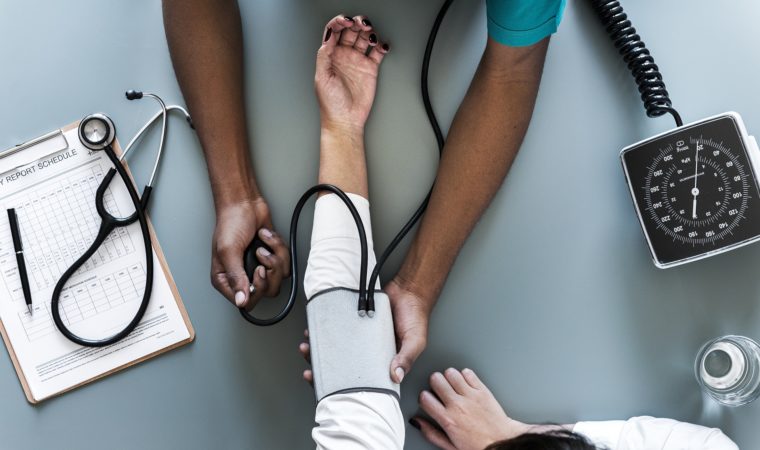Amputation Personal Injury Cases: The Dangers of Bleeding, Shock, and Infections
When it comes to workplace accidents, amputations are among the most severe types of injury. Losing a limb can have an enormous impact on a worker’s life, both physically and emotionally, and it can pose significant challenges to their ability to return to work and provide for themselves and their family. Beyond the immediate physical trauma, amputations can also result in severe complications, including bleeding, shock, and infections, which can be life-threatening. In this blog post, we’ll take a closer look at amputation-related injuries and the risks they pose, as well as what injured workers in South Carolina can do to protect their rights and seek compensation for their losses.
Bleeding is one of the most immediate and life-threatening complications of amputation. When a limb is severed, it can result in significant blood loss, which can lead to hypovolemic shock and other serious complications. Workers who have suffered an amputation injury need to receive immediate medical attention to stop the bleeding and stabilize their condition. This may involve the use of tourniquets or other emergency medical procedures to prevent further blood loss. In severe cases, a transfusion may be necessary to replace lost blood volume and prevent organ failure.
Shock is another common complication of amputation injuries. Shock can occur when the body’s organs and tissues do not receive enough oxygen and nutrients, leading to a systemic response that can be life-threatening. Symptoms of shock can include low blood pressure, rapid heartbeat, pale skin, and confusion or disorientation. Workers who have suffered an amputation injury may be at risk for shock, particularly if they have lost a significant amount of blood. It is essential to seek medical attention immediately if you notice any signs of shock.
Infections are another risk factor associated with amputation injuries. When a limb is severed, there is an open wound that is vulnerable to infection from bacteria, viruses, and other pathogens. In some cases, an infection can spread to other parts of the body and become life-threatening if left untreated. Workers who have suffered an amputation injury need to receive prompt medical care to manage the wound and prevent infection. This may involve the use of antibiotics, wound dressings, and other measures to keep the wound clean and dry.
Amputation injuries are very challenging
Amputation injuries are among the most severe types of workplace injuries. In addition to the immediate physical trauma, workers who suffer an amputation injury can be at risk for significant complications, including bleeding, shock, and infections. It is essential to seek medical attention immediately if you have suffered an amputation injury to protect your health and well-being. If you have been injured in a workplace accident in South Carolina, it is also important to speak with an experienced personal injury attorney who can help you navigate the legal process and seek compensation for your losses. With the right legal representation, you can get the support you need to move forward and secure the financial resources you need to recover from your injuries.


